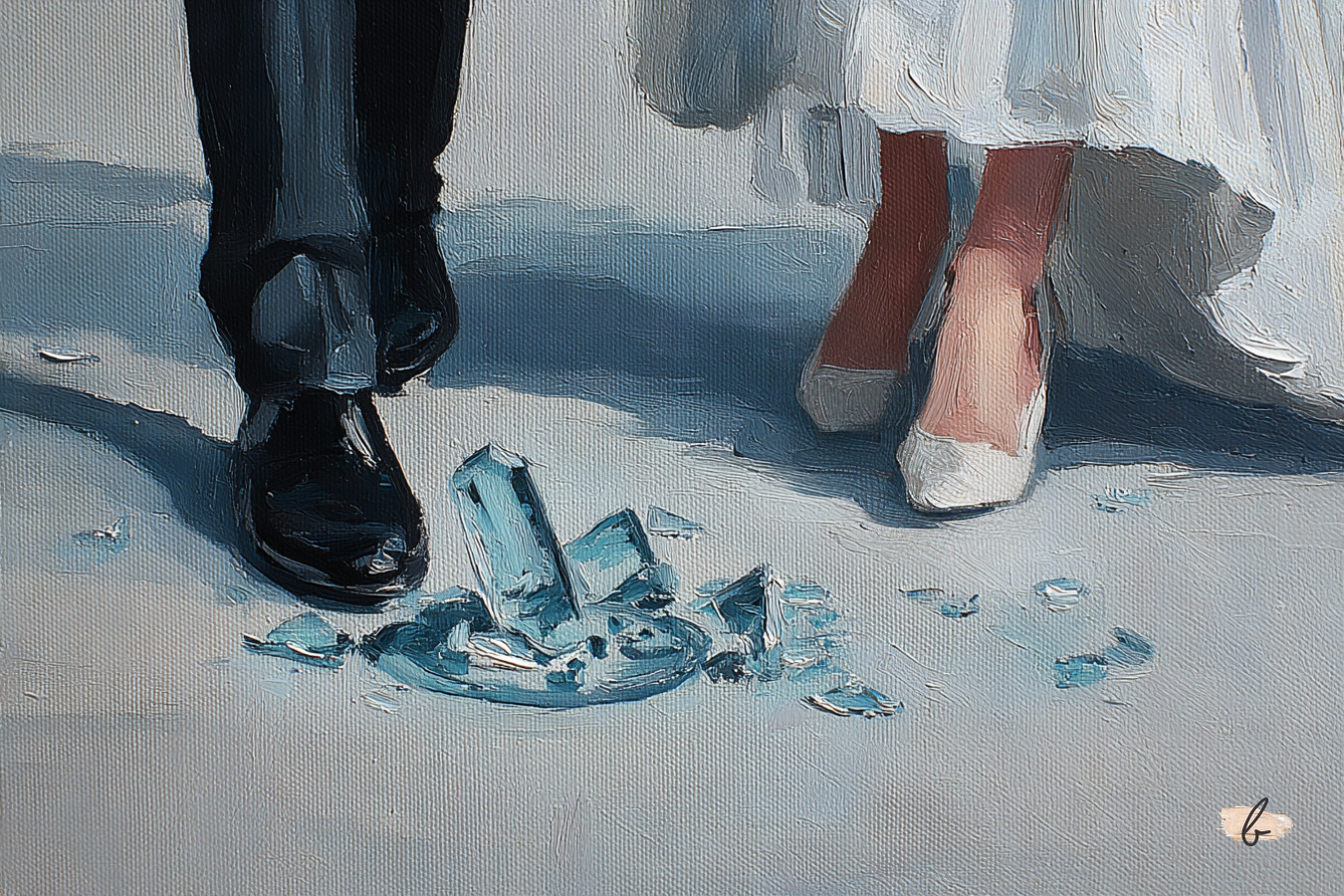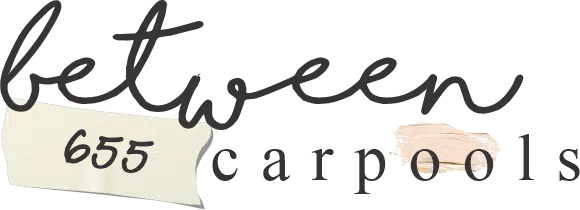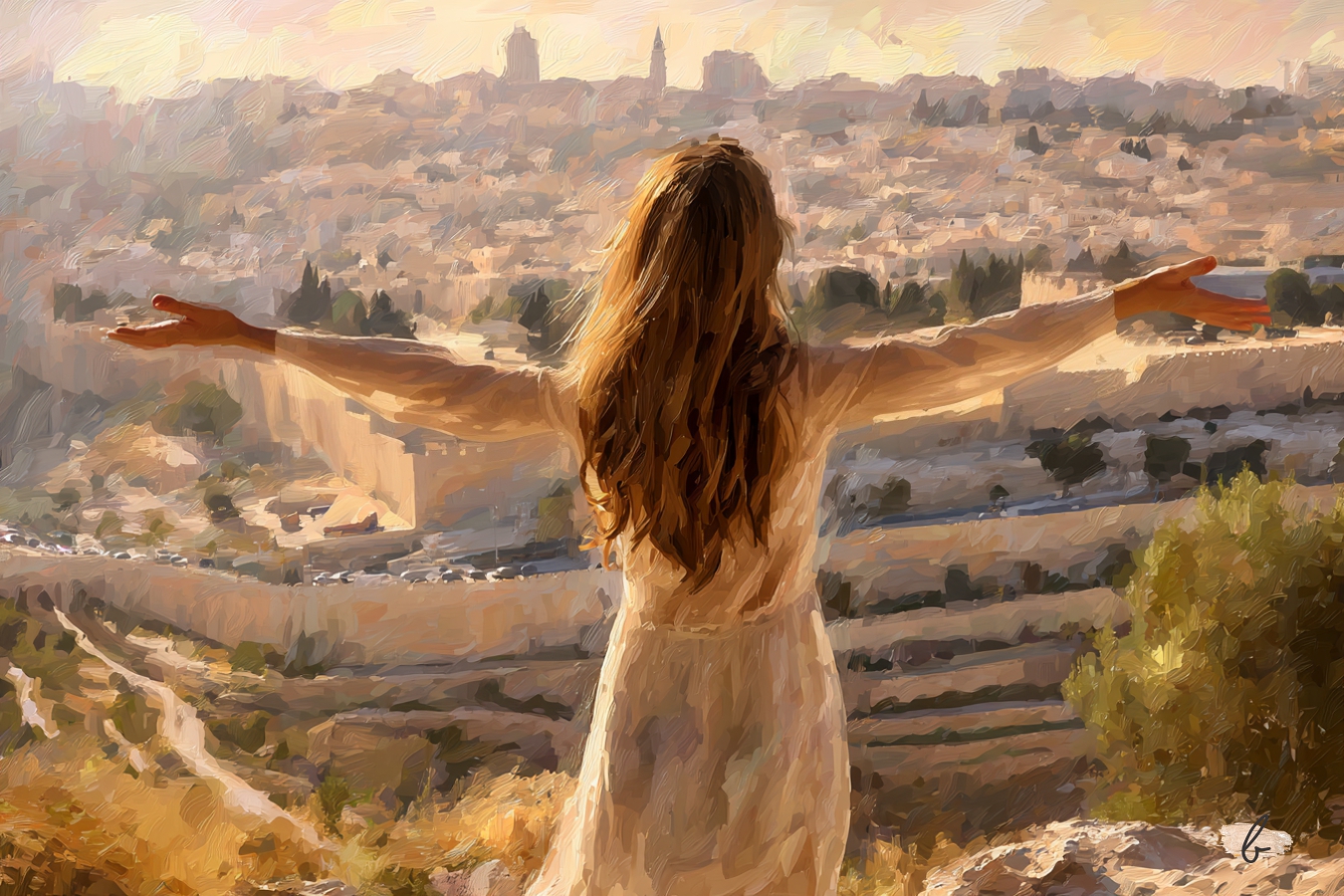Do we only want Mashiach to patch up all of life’s problems? What should we really be feeling?
It’s been a rough time for Klal Yisroel, many of us are thinking as we swallow down our last few gulps of water, prepared to usher in our nation’s day of mourning yet again. We need Mashiach now more than ever, we sigh to ourselves and to each other. Only we’ve been here before.
If we can stretch our minds and hearts to encompass the fresh tragedies of each year, we would recognize that really, from the moment the Bais Hamikdash fell, we’ve needed Mashiach.
Throughout the years of exile, we’ve suffered in ways both large and small. For all the pain we have experienced in the last few years, our ancestors have been through worse in the past.
And really, for a Yid in galus, the first step in commemorating the Churban and yearning for geulah usually is recognizing that every tragedy we do experience is an offshoot of the Churban.
Like a devastating earthquake with lingering aftershocks, every bit of suffering we experience now is a reverberation of the original, cataclysmic tragedy.
Every Tragedy is Because of the Churban
This, according to the hadrachah of most of our rabbanim, is why we don’t attach the same significance to Yom Hashoah or other remembrance days—because Tisha B’av is the collective day of remembrance and mourning. And it’s imperative that we davka don’t separate the other events because we need the constant reminder that this isn’t a separate tragedy; it’s the next horrific event in the long line of tragedies that we call galus.
Every tragedy Klal Yisroel experiences needs to engender within us a yearning for the geulah. When we are heartbroken by recent calamities and we don’t know where to turn or how to process our emotions, we can turn it into a plea for the geulah. When we daven for the resolution to a trauma, the tefillah must continue with, “And Hashem, please bring Mashiach now, and then this won’t happen again.”
How to Connect the Tragedies to Our Tefillah
And we can take it further, because it’s not only about the giant, global tragedies that are connected to the Churban. Every personal struggle, large and small, can be attributed to galus times and can be accompanied by a tefillah for geulah.
For example, when we daven to make a good friend because we are feeling so very lonely, we can extend that to include, “Hashem please bring Mashiach now so that there will be no more loneliness in the world.”
Or, “Hashem I’m so confused by the paths ahead of me and I have no idea which way to go. Please guide me and give me clarity in my avodas Hashem. And Hashem, please bring Mashiach now so that we will all have that clarity always and be able to serve You without the murky confusion of galus.”
And how about, “Hashem please grant x a refuah sheleimah and bring Masahich now, eradicating all illness.”
This message is reiterated at the conclusion of virtually every hesped at every levaya: : U’machah Hashem Elokeinu dimah me’al kol panim— Wipe the tears from every face, not only these faces here, not only today’s mourners, but for all eternity. Say “dai” to our tzaros now and forever.
When every pain and every krechtz is a cry for geulah, we have achieved one level of tzipisa l’yeshuah.
But What’s the Next Step?
But once we have connected each tragedy to its source, the Churban, once we have achieved this level of mourning for the Beis Hamikdash every time tragedy strikes, and not merely, and with great shortsightedness, begging for temporary relief, we can’t stop there.
To mourn the Beis Hamikdash only because we want our life to be easier, only because we want to get rid of our pain and grief, is missing the foundation of what we mourn.
The death and destruction, the loss and the pain, as tragic as they may be, are symptoms of a far wider tragedy: the fact that the Shechinah is no longer with us like it was when we had the Beis Hamikdash.
The loss of our spiritual glory, of our intimate closeness with Hashem, is the true tragedy of galus.
When we lose someone close to us, R”l, we are heartbroken. We wail through a levaya, grieve through the shivah, mourn through the shloshim and then through that first year. And when it’s over, we don’t ever stop missing them, really. During times of challenge, we yearn for their shoulder to lean on; our pain is remembered anew when we are struggling. But when do we feel it even more? When does the loss feel like a gaping, aching hole that can never be filled?
At a simchah.

Every time we walk a child down to the chuppah, we yearn so deeply for that spouse, that parent, that sibling that isn’t there with us to join in the occasion.
In an article in the Mishpacha a while back, Rav Aharon Lopiansky, shlita, rosh yeshivah of Yeshiva Gedolah of Greater Washington, gave a mashal that describes what it means when we view Mashiach simply as the solution to our problems.
He tells us, and I am paraphrasing a lot here, to imagine going to a wedding of a close friend who recently lost his father. And the chasunah is absolutely magnificent; such nachas, such joy! And you tell your friend as much when you go to wish him mazal tov. And he nods and smiles and thanks you. And then he gets a wistful look in his eye and he says, “What a shame my dad isn’t with us,” and you nod, and perhaps get a little misty yourself, until your friend finishes his sentence, “Because he for sure would have offered to pay for the chasunah.”
It sounds extreme and crazy, but the truth is, when we yearn for Mashiach just so that we won’t have any more pain, we are a little bit like the baal simchah whose only wish is that his father would be there to bankroll his event.
In truth, the greatest pain of galus is the fact that the Shechinah is in exile, the fact that we don’t have our beloved Father at our side in the same way. We are missing that connection, that extra special bond we shared when He dwelled among us in the Beis Hamikdash. And this lost connection is one that we mourn through times of joy as well as times of sorrow.
Remembering the Loss During Times of Simchah
Isn’t it mind boggling how many halachos we have that remind us of our mourning status during our time of greatest joy?
A chassan and kallah at the pinnacle of their joy shatter a glass and sing “Im Eshkachech,” because we need to remember that our simchah is not complete. Don’t forget that as the chassan slams his foot down on the glass, his forehead is coated in ash. That’s a lot of mourning for such a happy time. And that’s because it’s precisely at this moment that we need to remind ourselves that no joy can be complete without the presence of the Shechinah in our midst.
When we buy a new home, we leave a zecher l’Churban. After every meal, we remember the galus and pray for geulah. It’s when we are at our happiest that we need to feel the loss.
When I was younger and more cynical, I used to roll my eyes at the fact that every speech you go to at any simchah ended with, “And may we be zoche to see the geulah shleimah, b’meheirah b’yameinu, amen.” I don’t roll my eyes anymore, I just say amen, because it’s true. We need that reminder not only during the levayas, but even—nay especially—during the simchahs.
For we don’t only close our eyes tightly and say Hashem, we need Mashiach so badly when we suffer tragic loss; we close our eyes tightly and say Hashem, we need Moshiach so badly when we experience great joy.
It’s a tough balance because really, we aren’t supposed to live our lives depressed and anxious. We do need to live with joy and laughter. In fact, we say Mishenichnas Av mimaatin b’simchah— we minimize our joy during Av; we don’t eradicate it. We connect to Hashem through joy, we connect to our children through joy, and we connect our children to Hashem through joy. But the balance is possible. When we keep our galus perspective in mind as we go through life, we can definitely hold both joy and yearning in our hearts in appropriate measure, depending on the circumstances of the day.
Keeping our galus perspective in mind encompasses the recognition, through times of sorrow and joy, that we need Moshiach, but there are other areas as well where we need to maintain this focus:
- Maintaining our priorities when it comes to the materialism in our lives.
Nice things are nice and in so many ways enhance our avodas Hashem, but do they take over? Do they become priorities? Are we so emotionally invested in our beautiful home and its luxurious trappings that we forget that this is temporary? Are we attaching so much significance to our stuff that if Moshiach were to come right now we’d hesitate for a nanosecond if it means leaving our (insert late-model, brand-name, hoity-toity item here) behind?
- Remembering our place in this world.
There are so many beautiful aspects of living in our comfortable Jewish metropolises today with all the amenities, but sometimes we forget that, really, it’s not ours. We are guests here and we don’t own the town, we don’t own the roads. We can’t expect others to revolve around us, cater to us, bow down to us. We need to interact with the world with humility, with the knowledge that it’s not all about us. Of course, balance is required here as well. We shouldn’t allow ourselves to be stepped upon, we should stand up for our rights and pursue justice, but the balance usually works when there’s no ego involved. Ego has no place in galus and its presence in our interactions only distances us from geulah.
- Ensuring that our actions are those that are bringing Mashiach closer.
Our preschool teachers do a beautiful job of making this awareness tangible to our little ones by helping them visualize every mitzvah as building a brick in the Beis Hamikdash, but really it’s not only for little ones. With every action and every deed we have the power to bring Mashiach just a little bit closer. Every bit of perfection that we add to the world takes us one step closer to geulah.
And finally:
- Increasing the love in our hearts.
It’s similar to the one above, but I like to separate it because it’s so important. We know that the second Beis Hamikdash was destroyed because of sinas chinam, and ahavas chinam will rebuild it. When we live our lives deeply and genuinely yearning for geulah, we will seek out those opportunities for ahavas Yisroel and grab them with both our hands. And opportunities abound. There are so many people who need our love, so many ways we can show it.
Let us reach out and shower our friends, neighbors, family members, strangers—and enemies—with ahavas Yisroel so that we can be zoche to see the geulah shelaimah, b’meheirah b’yameinu, Amen.





Leave a Reply